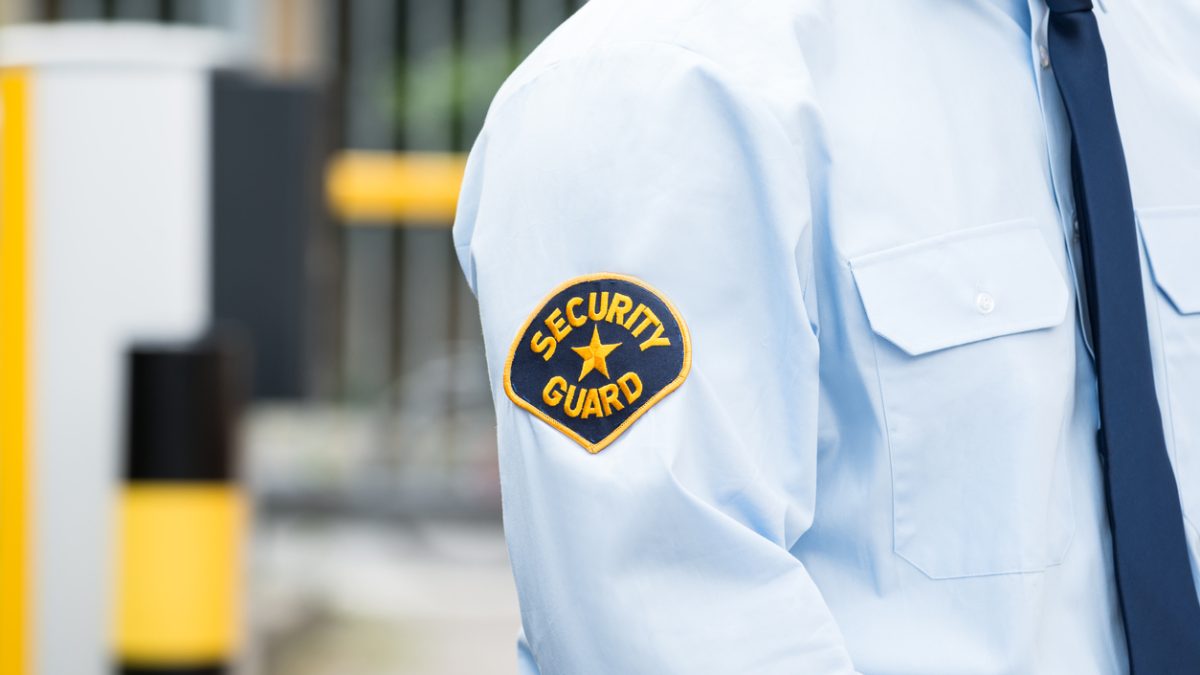Security is a paramount concern today, whether safeguarding a business, an event, or private property. Security guard services play a crucial role in ensuring safety and protection. When you decide to hire security guards, it’s essential to have a well-defined contract in place to outline expectations, responsibilities, and terms. This comprehensive guide will walk you through a security guard contract checklist to ensure your agreement covers all essential aspects.
Table of Contents
Your Guide to Security Guard Services
Before diving into the specifics of a security guard contract, let’s briefly outline the key roles and responsibilities of security guard services:
- Physical Security: Security guards provide a visible deterrent to potential threats, ensuring people’s and property’s safety. They patrol premises, monitor surveillance systems, and respond to security breaches.
- Access Control: Guards control access to designated areas, checking IDs and credentials to ensure that only authorized individuals enter.
- Emergency Response: Security guards are trained to respond to various emergencies, including medical incidents, fire alarms, and security breaches.
- Customer Service: Beyond security duties, guards often serve as visitors’ first point of contact and can assist with inquiries or provide directions.
- Reporting: Guards maintain detailed logs, documenting incidents, activities, and observations. These reports can be invaluable for future reference and analysis.
Let’s explore the elements you should include in your security guard contract.
Security Guard Contract Checklist
#1: Parties Involved & Duration of the Contract
Clearly state the names and contact information of all parties involved in the contract. These include your organization (the client) and the security company providing the services. Additionally, specify the start and end dates of the contract. If it’s an ongoing agreement, detail the terms and conditions for termination or renewal.
#2: Scope of Services & Schedule
Define the scope of security services to be provided. Be specific about the locations, premises, or events where security will be deployed. Outline the duties and responsibilities of the security guards, such as patrolling, access control, emergency response, and any special instructions. Simultaneously, outline the security guard schedule, including the number of guards required, their shifts, and any overtime considerations. Ensure that the schedule aligns with your security needs.
#3: Uniforms, Appearance, & Training
Specify the required uniforms or dress code for security guards. These may include uniforms, badges, identification, and specific appearance guidelines. Detail the qualifications and training requirements for security guards. It should cover certifications, licenses, and any specialized training relevant to the assignment.
#4: Responsibilities & Reporting
Clearly define the duties and responsibilities of the security guards, including but not limited to:
- Patrolling designated areas
- Monitoring surveillance systems
- Conducting access control
- Responding to emergencies
- Reporting incidents
- Interacting with visitors or clients
Additionally, specify the reporting procedures for security incidents and regular activities. Include requirements for incident reports, shift logs, and any other documentation.
#5: Use of Force Policy & Confidentiality
If applicable, outline the use of force policy and guidelines for security guards. It should align with local laws and regulations and emphasize the importance of de-escalation techniques. Include clauses related to confidentiality and privacy. Ensure that security guards understand their obligation to protect sensitive information and respect the privacy of individuals.
#6: Client’s Obligations & Termination Clause
Define any responsibilities or requirements expected from the client, such as providing access to necessary facilities, information, or cooperation during security operations. Additionally, outline the conditions and procedures for contract termination by either party. Include notice periods and the process for winding down security services.
#7: Insurance, Liability, & Fees
Clarify insurance coverage and liability arrangements. Ensure the security company has adequate insurance to cover potential liabilities related to its services. Detail the fees, billing frequency, and payment terms. It should cover rates for regular hours, overtime, and any additional costs related to the security services.
#8: Performance Metrics, Legal Compliance, & Indemnification
Establish performance metrics and evaluation criteria. Define how the quality of security services will be assessed and any procedures for addressing issues or making improvements. Ensure the security services comply with all applicable laws, regulations, and licensing requirements. Include clauses related to indemnification, specifying that the security company will indemnify and hold the client harmless in case of legal issues arising from security operations.
#9: Dispute Resolution, Force Majeure, & Signatures
Outline procedures for resolving disputes or disagreements that may arise during the contract period. Include a force majeure clause to address unforeseen circumstances, such as natural disasters or emergencies that may affect the ability to perform the contract. Finally, ensure that the contract is signed and dated by authorized representatives of both parties.
A well-structured security guard contract is essential for establishing clear expectations and responsibilities between your organization and the security service provider. By following this comprehensive security guard contract checklist, you can ensure that you get the right security guard services. Remember that legal professionals should review contracts to ensure they comply with local laws and regulations and provide the necessary protection for all parties involved. A strong security contract enhances safety and contributes to peace of mind, knowing that your security needs are in capable hands.


